How to Decrease Your Cancer Risk Factors in the New Year with Cancer Prevention Diet
How can you reduce cancer risk factors this year? Did you know that nearly 50% of cancers could be prevented by making healthy lifestyle changes? Along with not smoking and wearing sunscreen, nutrition and exercise play a major role in cancer prevention. You do not have to completely overhaul your diet or lifestyle for a cancer prevention diet, making slight adjustments to what you are already doing is the first step to prevention. Start including healthy easy recipes like these Butternut Squash and Black Bean Enchiladas from Eating Well Through Cancer. Small changes could make the biggest difference and Eating Well Through Cancer cookbook helps guide you to healthy eating! Here are a few changes you could make to your daily life to decrease your risk of cancer. Savor Heath offers some great suggestions that fit into practical healthy eating.
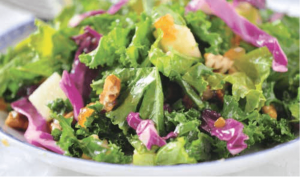
Increase Your Intake of Vegetables and Fruit To Reduce Cancer Risk Factors
Fruits and vegetables contain the most cancer-fighting antioxidants and phytochemicals than any other food group. Research has shown that phytochemicals can slow the growth of cancer cells and decrease inflammation and DNA damage that could cause cancer, as well as stimulate the immune system. 2 Aim for a variety of colors for a cancer prevention diet and types of produce to get the maximum benefit from your fruits and vegetables like this fabulous Kale Salad. Cancer prevention diet Each color gives your body different benefits, which altogether can help decrease your cancer risk. The goal is to fill half of your plate with vegetables at every meal or enjoy a vegetarian entree like these scrumptious Butternut Squash and Black Bean Enchiladas.
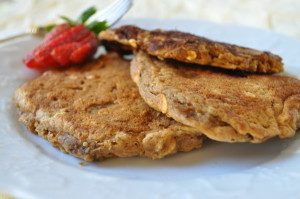
Decrease Cancer Risk Factors And Eat Whole Grains
Whole grains, such as whole wheat, beans, and nuts, provide your body beneficial antioxidants and gut-boosting fiber. Research has shown that eating a high fiber diet, like choosing whole wheat pasta instead of regular pasta or brown rice instead of white rice, can decrease the risk of colorectal cancer, as well as heart disease.3 Find small changes in your daily diet to add whole grains.
Having oatmeal for breakfast like Oatmeal Pancakes that Tom Brady made famous, a hearty salad with nuts and fruit for lunch, and a black beans and brown rice meal for dinner are just a few examples of a fiber rich daily diet.
Ingredients
|
- Preheat oven 400°F. Coat baking pan with foil and coat with nonstick cooking spray.
- Place squash on prepared pan. Bake 20-25 minutes or until squash is tender but not mushy.
- Reduce heat to 350°F. In bowl, combine cooked squash, black beans, green onion and 1/2 cup feta.
- Coat 3-quart oblong baking dish with nonstick cooking spray and spread a little of salsa verde on the bottom. Fill tortillas with about 1/2 cup filling, rolling up and place seam side down in dish. Pour remaining sauce over enchiladas. Sprinkle remaining cheese over sauce.
- Cover pan with foil and bake 20 minutes or until thoroughly heated.
Per Serving: Calories 202 Calories from fat 13% Fat 3g Saturated Fat 1g Cholesterol 5mg Sodium 539mg Carbohydrate 36g Dietary Fiber 7g Sugars 7g Protein 8g Dietary Exchanges: 2 starch, 1 vegetable, 1 lean meat Terrific Tip: Roasted vegetables are easy to prepare with easy clean-up, and roasting really brings out their flavor. Look for pre-cut butternut squash in grocery.
Stock Your Kitchen to Whip Up this Recipe
CorningWare White 3-Quart Ceramic Oblong Casserole Dish Reynolds Wrap Heavy Duty Aluminum Foil, 130 Square Feet
Reynolds Wrap Heavy Duty Aluminum Foil, 130 Square Feet OXO Good Grips 3- Piece Mixing Bowl Set
OXO Good Grips 3- Piece Mixing Bowl Set
Cut Back on Red Meat and Processed Meats for Cancer Prevention Diet with Meatless Entrees with Butternut and Squash Enchiladas
Red meat, such as beef, veal, and lamb, and processed meats (i.e. hot dogs, bacon, deli meats, sausages) are both high in saturated fat and have shown a strong link to colorectal cancer.4 It is recommended to eat no more than 18 ounces of red meat each week and avoid processed meats altogether. 5 Switching out ground turkey for ground beef or making a vegetable lasagna instead of a traditional meat lasagna are easy swaps you could make to decrease your colorectal cancer risk. Instead of deli meats, try making sandwiches with roasted turkey or chicken breast, vegetable burgers, grilled vegetables, or hummus instead!
Eating Well Through Cancer Cookbook For Cancer Prevention
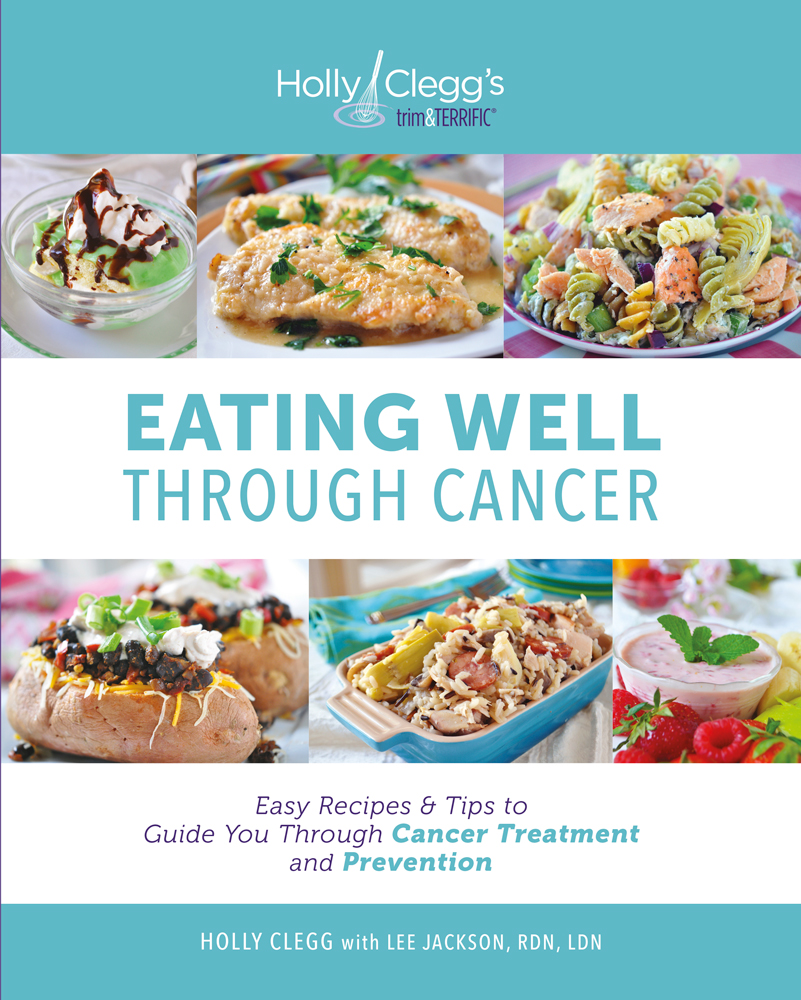

Increasing your vegetable and whole grain intake, limiting red meat, and increasing your physical activity can all lead to a healthier weight and decrease your risk of cancer. We realize that making changes to your lifestyle and daily habits is no easy task. However, the reward can be so fulfilling. It won’t happen overnight, but having good intentions and starting fresh every day can lead to a healthier and happier new year.
Starting with my cookbook, Eating Well Through Cancer that includes healthy easy recipes like Butternut and Black Bean enchiladas for a meatless meal makes a great choice. Find an friend and start making healthy changes together!
Aim For Healthy Weight For Cancer Prevention Diet
Staying at a healthy weight is one of the most important steps to cancer prevention. Research has shown that eleven different types of cancer are linked to being overweight or obese, including endometrial, pancreatic, and breast cancer.7 As with all the steps above, making small changes to your daily routine can help promote weight loss or weight maintenance and prevent cancer! Limit dessert to once per week, have one slice of pizza and a salad instead of two pieces of pizza, or eating vegetables at every meal (yes, even breakfast) are good examples of small changes you can make to get closer to your healthy weight.
Move More Can Reduce Your Cancer Risk Factors
Physical activity is key for good health as it is good for your heart, bones, and muscles. Research has also shown it can be protective against cancer. A recent study concluded that even moderate exercise can reduce the risk of breast cancer in post-menopausal women. 6 Any activity counts too, no matter if it is brisk walking, yoga, or bicycle riding. If you are just starting back to exercise, start out slow and try not to overdo it. Aiming for 15 minutes daily to start and working up from there is a good goal. Not only is exercise good for cancer prevention, it can help you stay at a healthy weight and give you much-needed energy!
Savor Health Offers Cancer Nutrition for Cancer Side Effects
Cancer treatment can cause a multitude of symptoms and side effects and make this a challenging time. Using these tips from Savor Health above can help with cancer risk factors. Visit Savor Health and check out their blog with many more articles that discuss best foods for cancer patients. On Holly’s healthy food blog you’ll find more simple recipes like the Butternut Squash and Black Bean Enchiladas with tons of easy recipes for cancer patients and more special Savor Healthy blog posts with cancer nutrition. You’ll find blogs about why protein is good for cancer patients and so much more about healthy cooking with Holly!
Get All of Holly’s Healthy Easy Cookbooks
References:
- Preventing Half of Cancer Cases. American Institute for Cancer Research. http://www.aicr.org/reduce-your-cancer-risk/smoking-and-other-lifestyle-factors/preventing-half-of-cancer.html. Accessed December 18, 2017.
- Phytochemicals: The Cancer Fighters in Your Food. American Institute for Cancer Research. http://www.aicr.org/reduce-your-cancer-risk/diet/elements_phytochemicals.html?_ga=2.115991951.826613960.1513638960-1784915318.1511833863. Accessed December 18, 2017.
- AICR’s Foods that Fight Cancer: Whole Grains. American Institute for Cancer Research. http://www.aicr.org/foods-that-fight-cancer/whole-grains.html. Accessed December 18, 2017.
- Diet, nutrition, physical activity, and colorectal cancer. American Institute for Cancer Research. http://www.aicr.org/continuous-update-project/reports/colorectal-cancer-2017-report.pdf. Accessed December 19, 2017.
- Red and processed meats. American Institute for Cancer Research. http://www.aicr.org/reduce-your-cancer-risk/diet/red-and-processed-meat.html?_ga=2.184993184.826613960.1513638960-1784915318.1511833863. Accessed December 19, 2017.
- Diet, nutrition, physical activity and breast cancer. American Institute for Cancer Research. http://www.aicr.org/continuous-update-project/reports/breast-cancer-report-2017.pdf. Accessed December 19, 2017.
- Obesity and Cancer Risk. American Institute for Cancer Research. http://www.aicr.org/reduce-your-cancer-risk/weight/reduce_weight_cancer_link.html?referrer=http://www.aicr.org/continuous-update-project/breast-cancer.html. Accessed December 19, 2017.
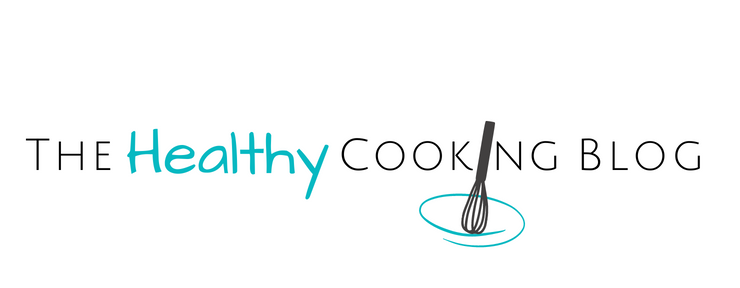
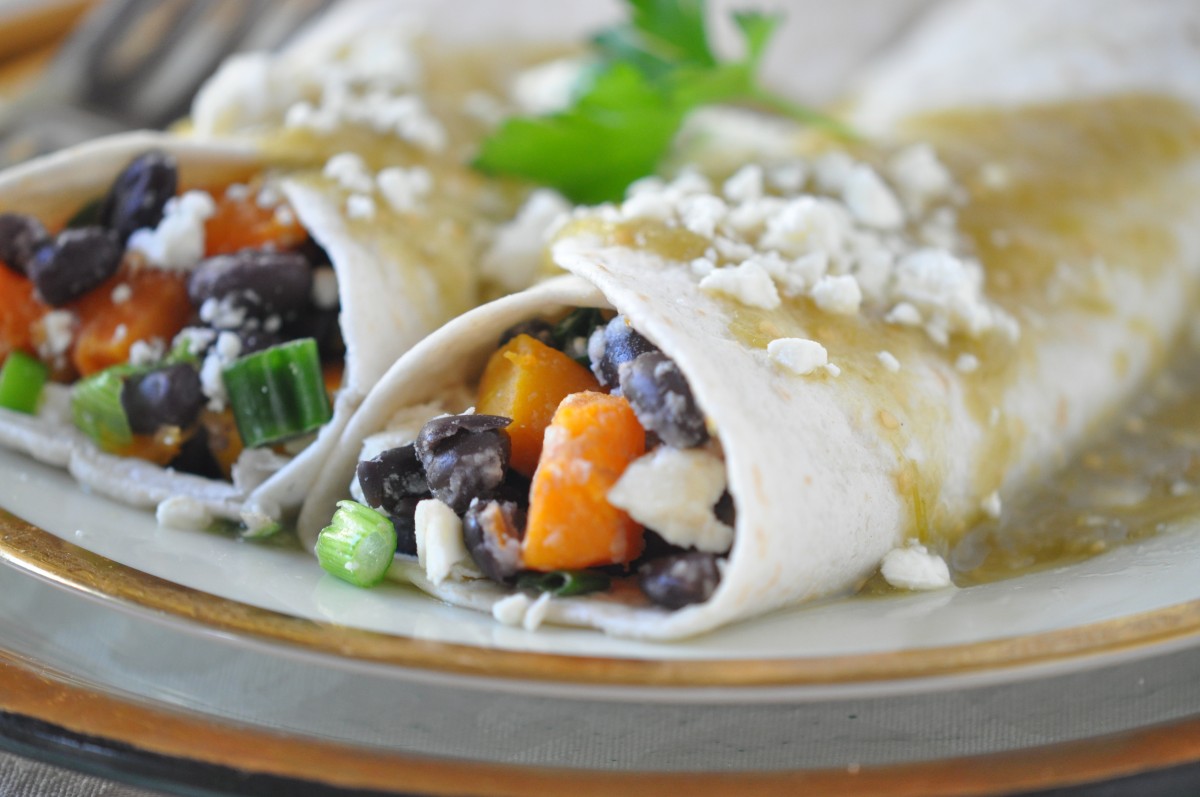
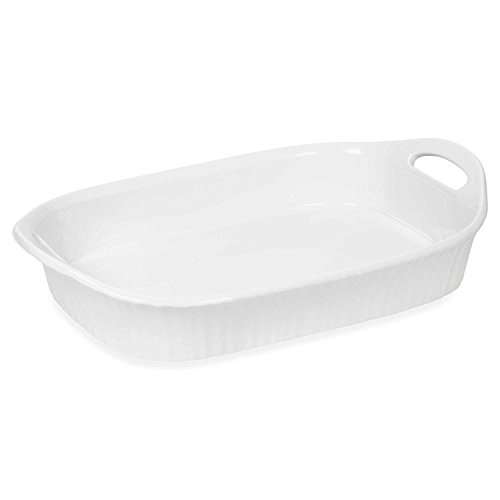

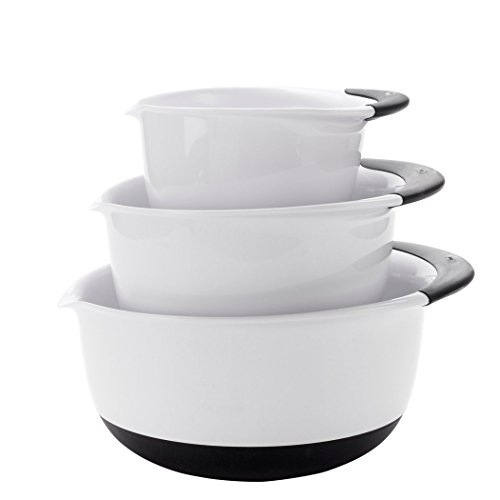
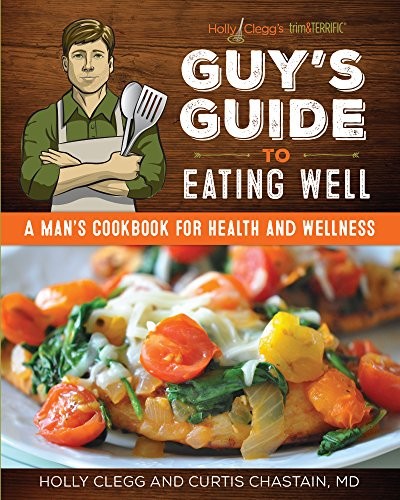

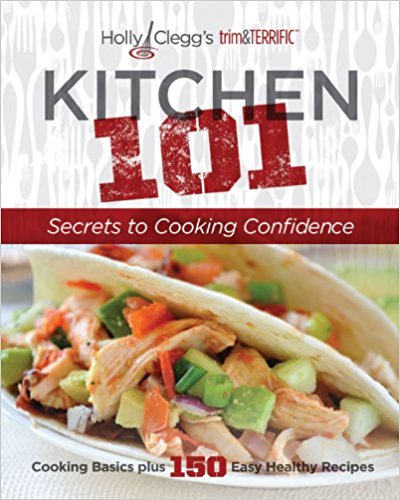

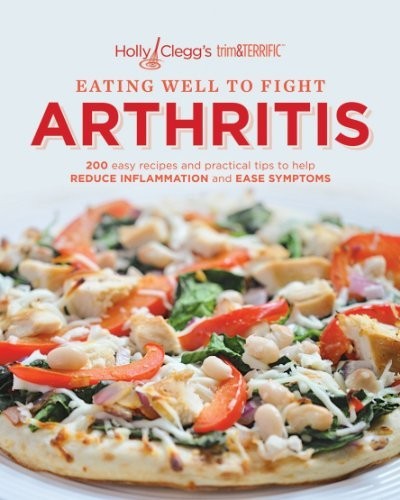

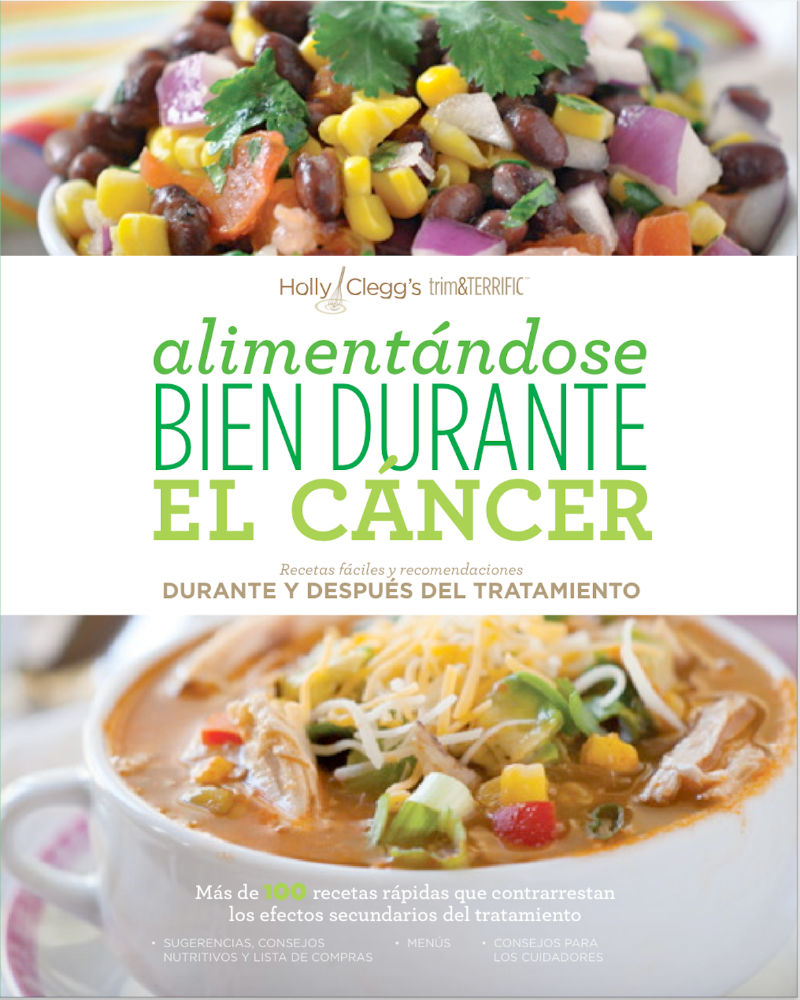
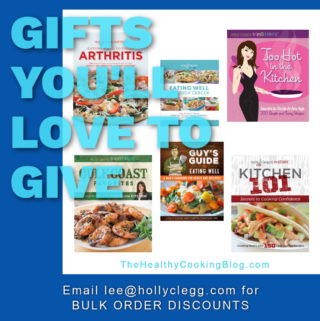




Leave a Reply